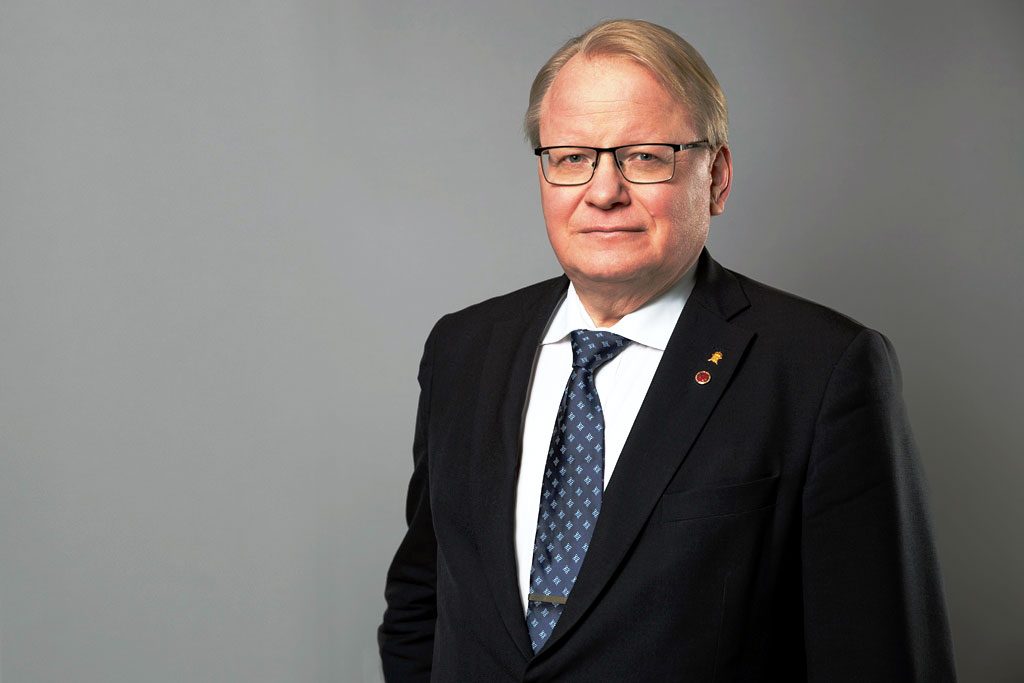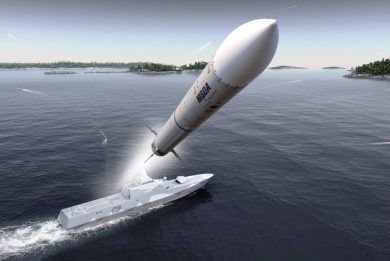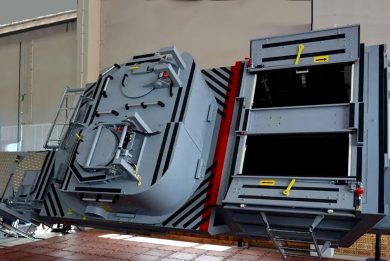
Sweden to increase its defence spending
4 June 2019
By David Oliver
On 14 May 2019, the Swedish Defence Commission presented its final report, ‘Defensive power – Sweden’s Security Policy and the Development of its Military Defence 2021-2025’ to Minister of Defence Peter Hultqvist.
The report contained an updated, comprehensive analysis of the security situation around Sweden. The Commission notes that the security situation in Europe has deteriorated over time, due to Russia’s actions. Developments in Asia, particularly China’s rapid development and its more assertive role, are of growing importance to Swedish foreign and security policy. European states must shoulder a larger responsibility for their own security and defence.
An armed attack on Sweden cannot be excluded, nor can the use of military measures against Sweden, or threats thereof. The Swedish total defence will be developed and designed to ensure that Sweden is prepared in order to meet an armed attack against Sweden, including other acts of war on Swedish territory.
The Commission proposals include reinforcing and enlarging the military organisation after mobilisation. It aims to improve the balance between the different parts of the military defence, such as command and control (C2), fighting and support units, as well as to strengthen the capacity for sustained action by increasing the number of units.
The proposals of the Defence Commission regarding a new wartime military organisation require an increase in personnel. Starting in 2024, up to 8,000 conscripts per year will undergo military training.
The proposals of the Defence Commission will result in a budget for the military defence amounting to 84 billion SEK (€7.9 billion) annually starting from 2025. Based on the cost level in 2019, this will be equivalent to 1.5 percent of GDP in 2025. On top of the budget increase assigned by the Parliament in December 2018, the Commission proposes to gradually increase the defence budget by adding 5 billion SEK (€0.47 billion) annually every year in the period 2022-2025.
At a meeting with Defence Minister Hultqvist on 21 May, he told EDR On-Line that his ministry would take up to six months to review the defence commission’s report before deciding if and when to accept all or some of its recommendations. He said that reviving conscription was good as the volunteer system had failed.
He added that. “Sweden is deepening its co-operation with other nations and has a good relationship with Poland, Germany, the Netherlands and the three Baltic States. We are working a lot with the Finnish Navy, we have close relations with NATO and are involved in multi-national exercises such as BALTOPS and ACE”.
Hultqvist added that the Permanent Structured Cooperation (PESCO), which is the part of the European Union’s security and defence policy in which 25 of the 28 national armed forces pursue structural integration is important along with the UK and US involvement in Swedish defence industries. He would like Sweden to be part of the UK Tempest project in the development of a Future Combat Air Systems (FCAS). However, he is not convinced that increasing percent over GDP is the way to go. “We produce submarines and fighter aircraft plus ground-based weapons systems. We must make sure that we promote Swedish-owned industries overseas.”
However, Defence Minister Hultqvist added that there is wide support for increased investment in the military.
Photo courtesy Swedish MoD



